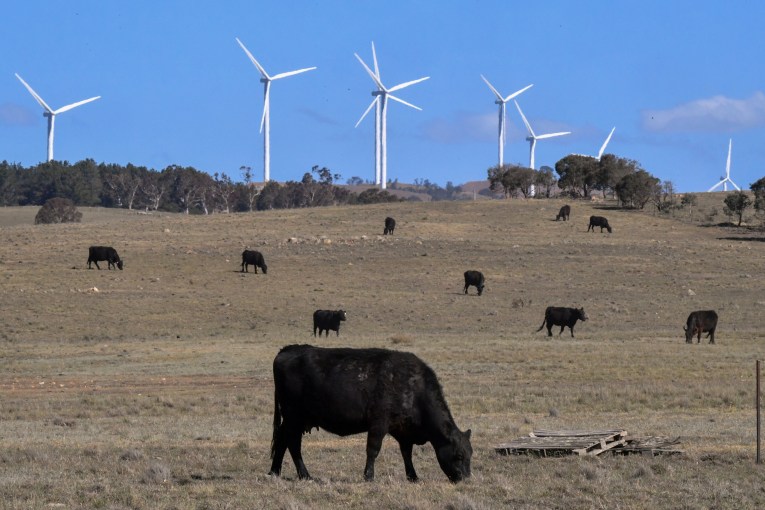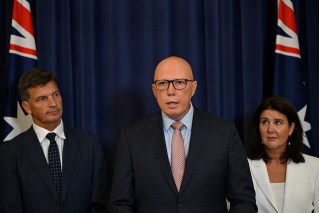Weak leadership is failing younger Australians


Ruling out urgently needed reforms will hurt young Australians. Photo: Getty
It should be obvious that retirees who’ve paid off their homes will be better off than those paying rent or a repaying a mortgage. But since politicians are good at ignoring the obvious, it doesn’t hurt to set it down in black and white.
That’s what economist Saul Eslake has done in a new report for the Australian Institute of Super Trustees.
Worsening housing affordability, he shows, is decreasing the proportion of retirees living rent- and debt-free. The proportion of home buyers who had finished paying off their mortgages fell from 62 per cent to 47 per cent between 1996 and 2014.
That not only decreases older Australians’ spending power, but forces them to make greater use of public housing, health and other tax-funded services.
A summit to strive for
It’s hardly complicated stuff, but Mr Eslake says the situation will worsen if local, state and federal governments can’t stop blaming each other for poor housing affordability.
The way to avoid “condemning future generations of Australians to poorer standards of living in retirement”, he says, is to convene a “‘summit’ of all levels of government”.
But what are the chances of that?

Bob Hawke’s 1983 summit kicked off an unmatched reform era.
Two years ago, The New Daily dared to hope that if the Coalition made Malcolm Turnbull leader, a reform era to match Bob Hawke’s efforts in the 1980s might be born.
As I wrote at the time: “Like Mr Hawke, he is very popular. And like Mr Hawke, though he would upset many within his own party, he would be most likely to find consensus with business leaders, states and, dare one say it, unions, to get the economy on a new growth trajectory.”
How wrong I was. Coalition MPs have made it clear to Mr Turnbull that his job depends on ignoring major reforms such as negative gearing, the capital gain tax discount or even the GST. Meanwhile, the party room fiddles with fringe issues such as making the racial discrimination act bigot-friendly.
Big picture, tiny minds
Does anybody remember the August 2015 ‘National Reform Summit’, besides the ad sales teams at Fairfax and News Corp whose commissions it boosted?
That exercise failed to make an impact even close to Bob Hawke’s 1983 National Economic Summit, and was pretty much overshadowed anyway by Mr Turnbull’s toppling of Tony Abbott the following month.
The joint communiqué the summit produced danced around housing affordability rather than exposing it for what it is: a drag on productivity, a drag on household consumption, a massive transfer of wealth from young to old and poor to wealthy. Oh yes, and a massive hole in the nation’s retirement planning and state and federal budgets.
It impotently called for “improved access to affordable and appropriate housing” and “improving the safety net for those with unavoidably high housing costs”.
But those are band-aid wishes in a market that is fundamentally broken.
Former trade minister Craig Emerson, who as a young economist was at the centre of the Hawke reforms, told me a housing affordability summit was the most that could be hoped for because “given the state of politics at the moment, you really have to take reform issue by issue”.
A Hawke-style summit looking at the wider economic malaise – how the fading dream of home ownership fits with the goal of a decent job and a dignified retirement – is impossible because of the toxic political environment.
But that’s the point isn’t it?
Where is the leader who will stand up and point angrily at the destructive effect the housing crisis is having on younger Australians?
He or she is apparently not to be found in a conservative government that would rather expand social housing than look at the gross market distortions that pushed housing out of reach in the first place.
If a summit were held, all policy options would have to be on the table. As Mr Emerson puts is: “Ruling out changes to those tax laws is to shirk the issue.”
He’s right. The country is being run by shirkers whose reform inaction is ruining the future for young Australians.








